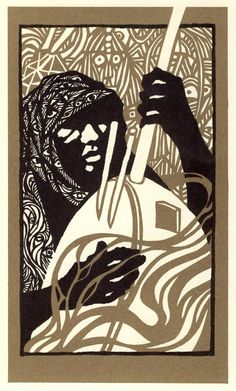Legacies That Led To Us
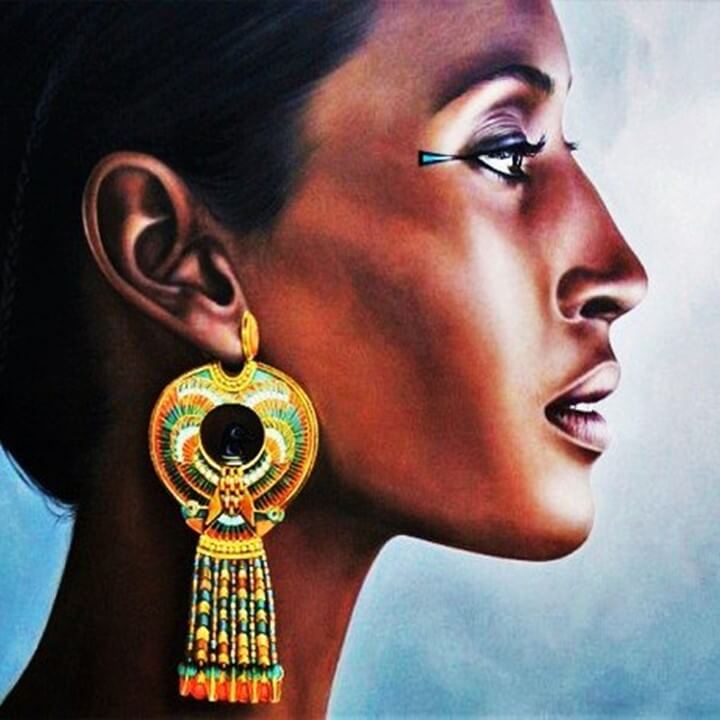
Queen Arawelo
(Ancient Somalia/Sudan Region)
A fierce and legendary matriarch who reversed traditional gender roles and ruled an all- female court. She defied male-dominated power structures and trained women in statecraft, warfare, and governance.
Why feature her: She challenges the idea that African leadership has always been patriarchal.
Legacy Line: “Let no one say a woman cannot govern a nation.”
Kunta Kinte
(The Gambia)
Kunta Kinte (The Gambia)
A Mandinka warrior captured and enslaved in the 1700s. Though part of a fictionalized narrative (Roots), Kunta Kinte’s story represents African resistance, memory, and identity.
Why feature him: His refusal to forget his name became a symbol of dignity, resistance, and the unbroken spirit of African peoples.
Legacy Line: “They tried to strip his name — but not his identity.”
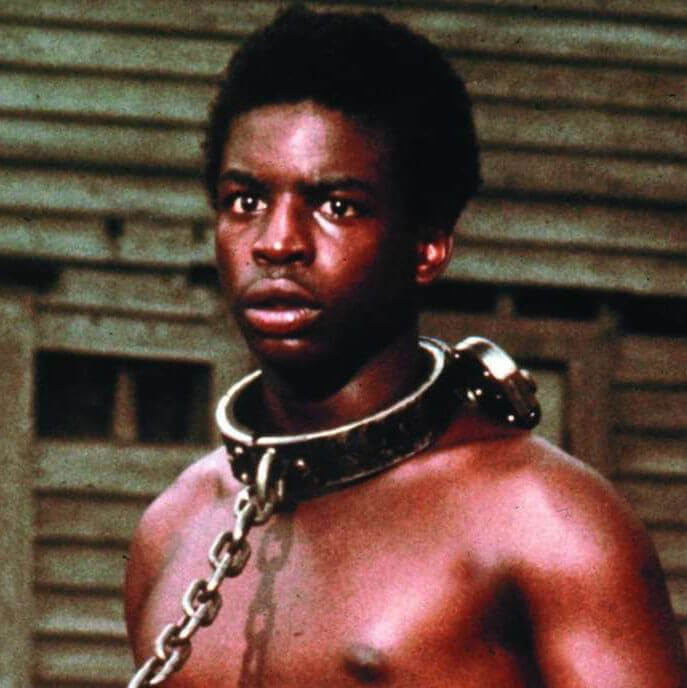
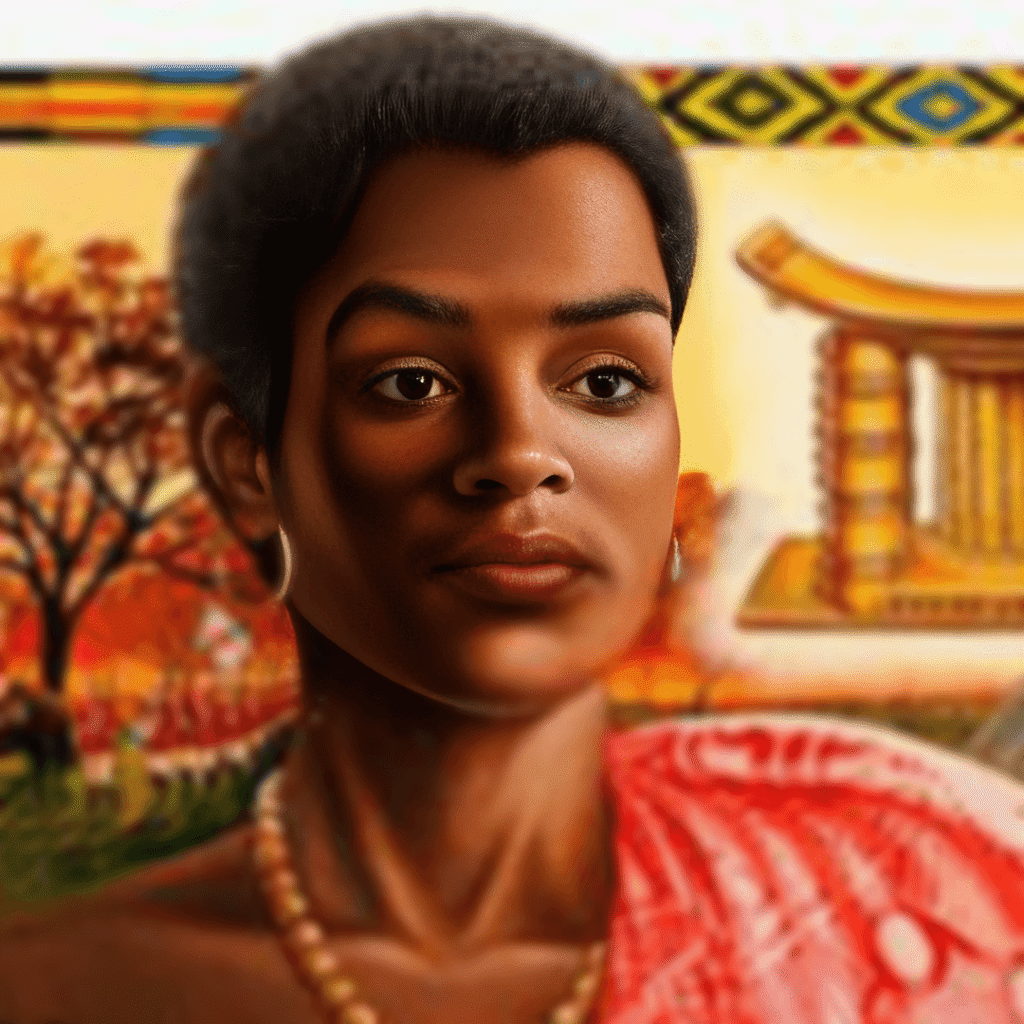
Yaa Asantewaa
(Ghana)
The Queen Mother who led the Ashanti in the last war against British colonialism. Armed not just with weapons but unmatched courage
Why feature her: Symbol of resistance and woman-led governance.
Legacy Line: “If the men will not fight, then I shall.”
Shaka Zulu
(South Africa)
Shaka Zulu (South Africa)
Military genius and state-builder. Revolutionized warfare, statecraft, and diplomacy in Southern Africa.
Why feature him: Leadership in strategy, innovation, and centralized governance.
Legacy Line: “He turned warriors into a nation.”
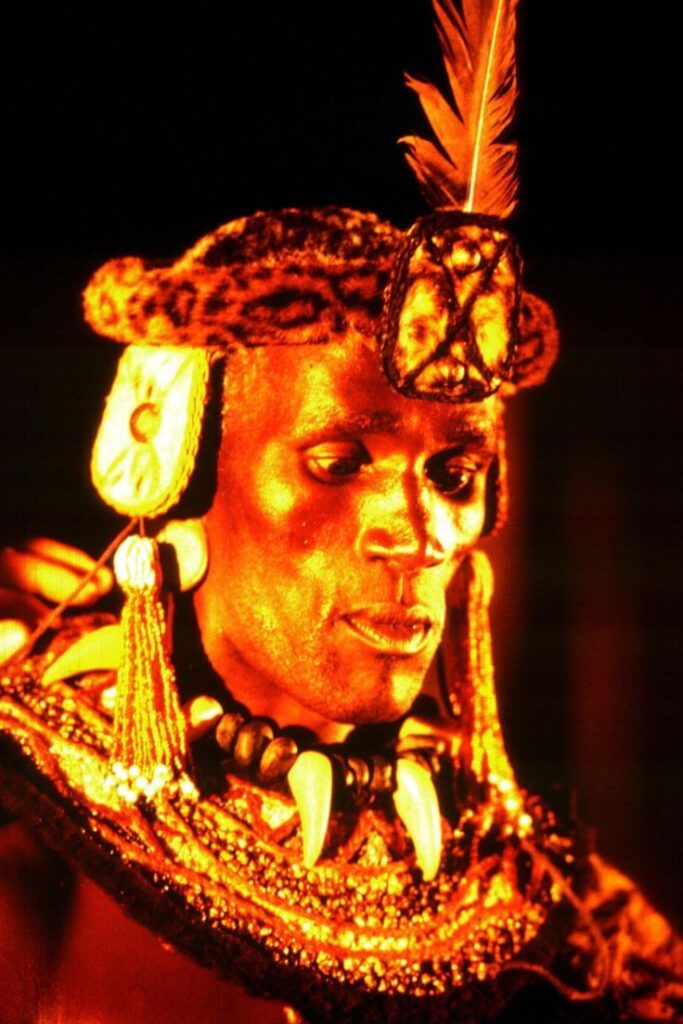
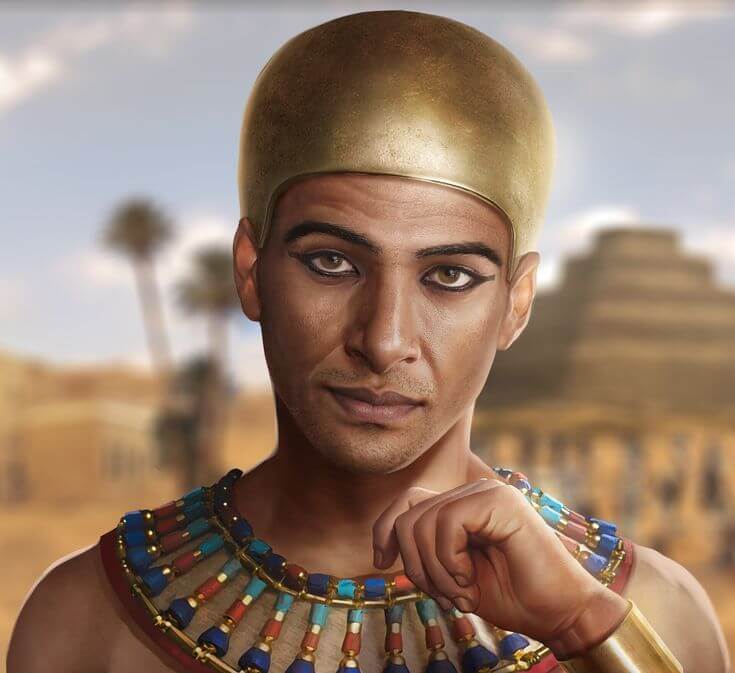
Imhotep
(Ancient Egypt)
Imhotep (Ancient Egypt)
Architect, physician, and vizier. Revered as the first known polymath in recorded history.
Why feature him: Black African excellence in governance, science, and architecture
Legacy Line: “Before there were kings, there were scholars.”
The Story of Ananse the Spider
(Ghana)
A trickster and teacher, Ananse is both cunning and wise — known for trading stories with the gods.
Why feature him: He represents the power of storytelling and wisdom in leadership
Legacy Line: “The web of power is spun with wisdom.”
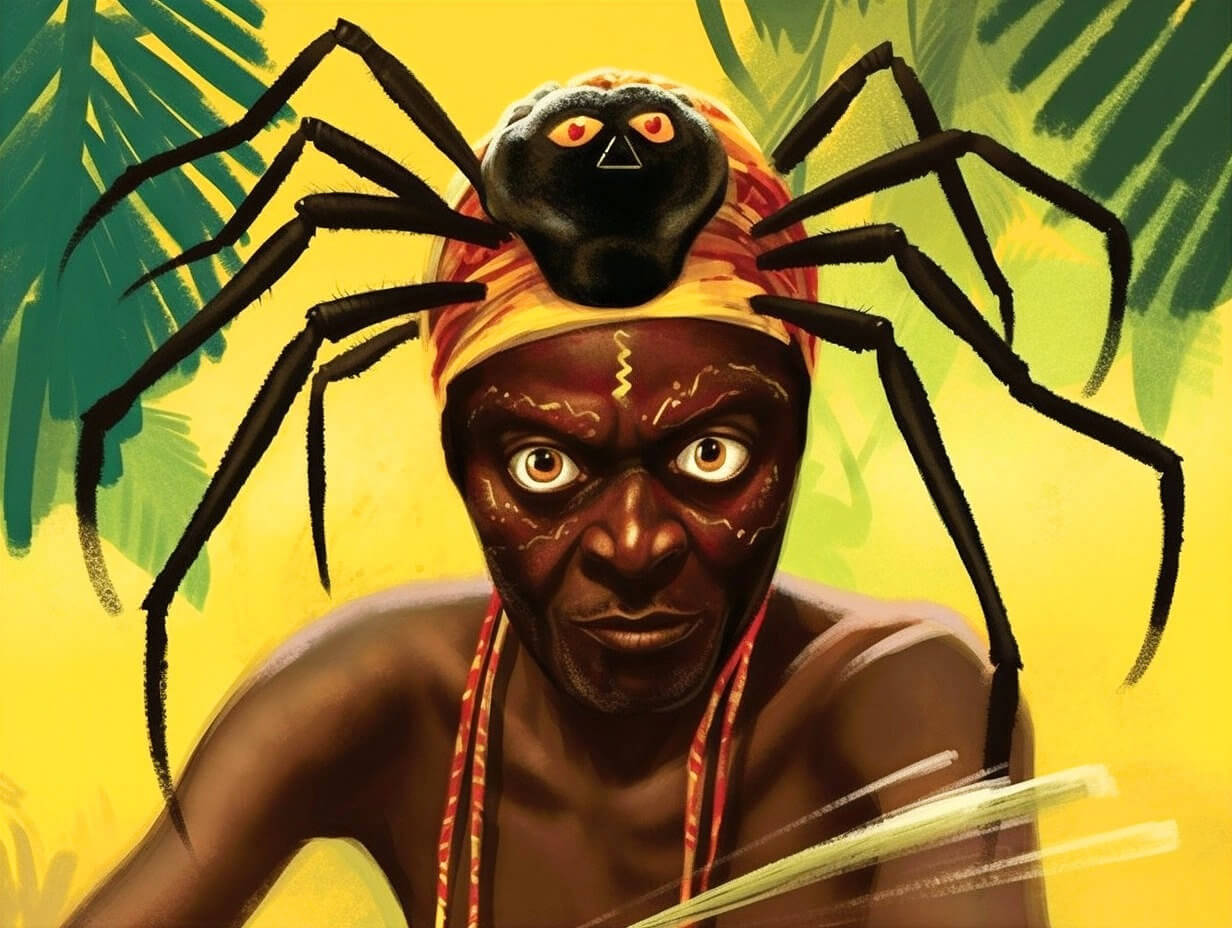
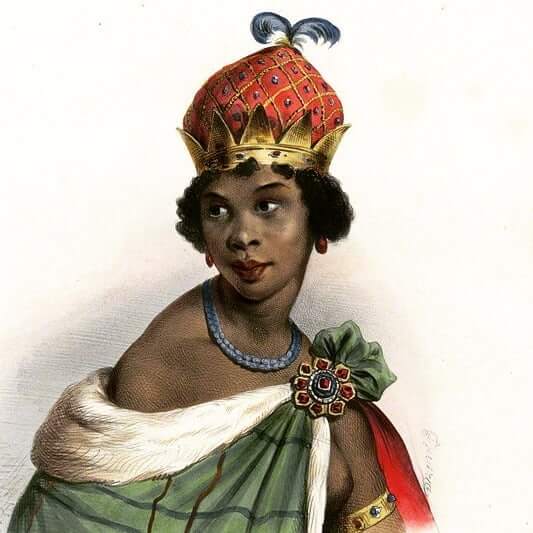
Queen Nzinga
(Angola)
Legend: Nzinga was a fierce 17th-century queen who outsmarted colonizers with diplomacy, military strategy, and psychological warfare.
Why include it? – She symbolizes political brilliance and fierce independence
The Story of Gassire’s Lute
(West Africa – Soninke Epic)
Gassire, a prince, is told he will never be king—but his voice will shape the future.
Moral: Not all leadership is positional—some is generational and poetic.
